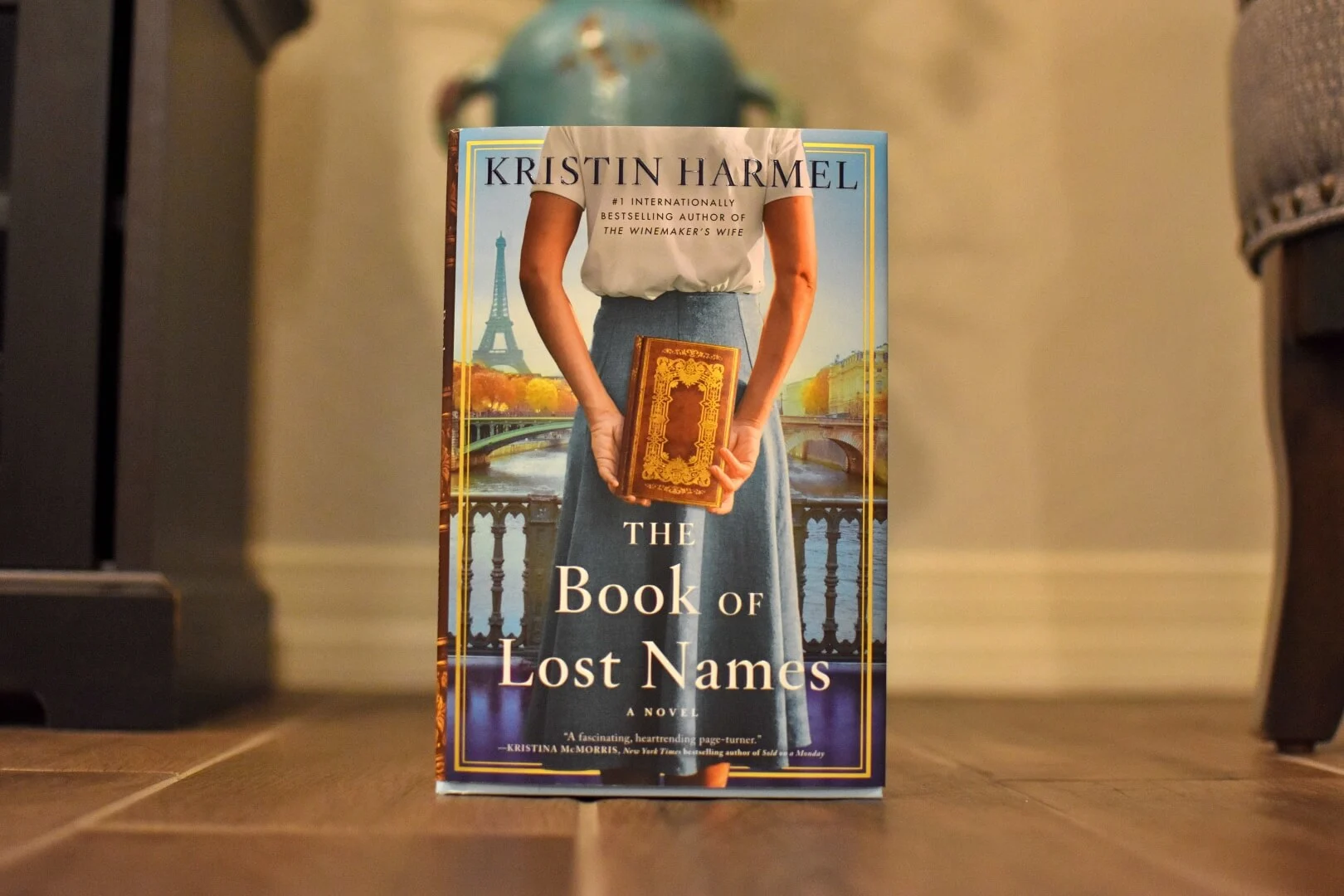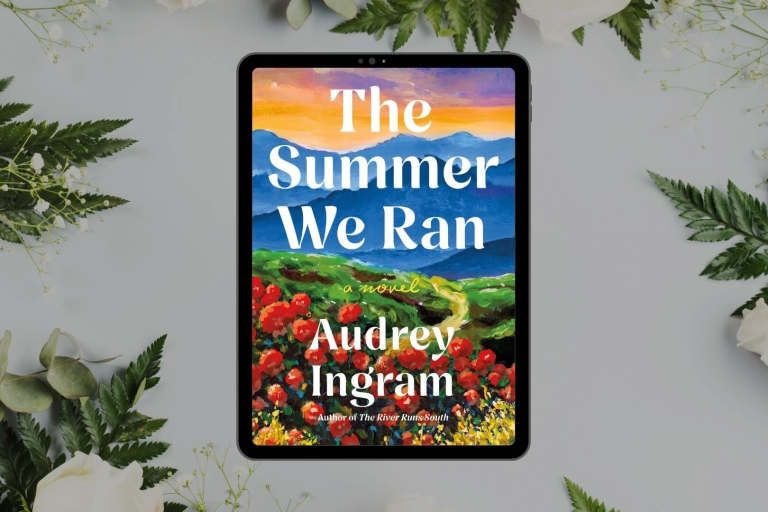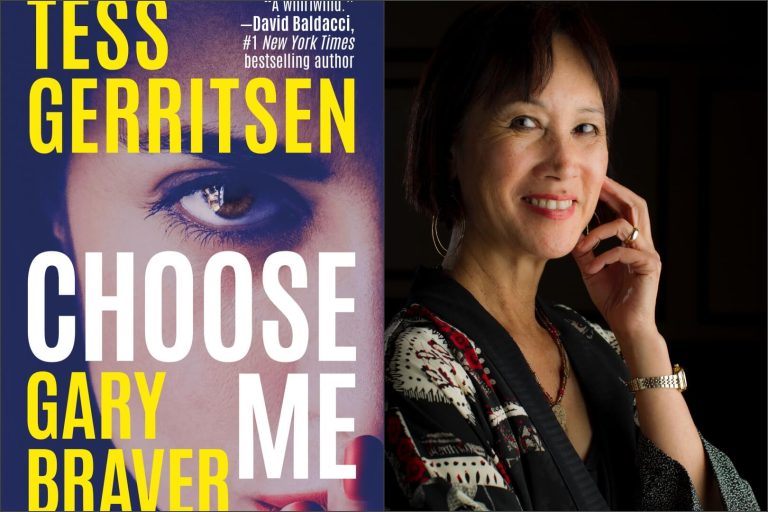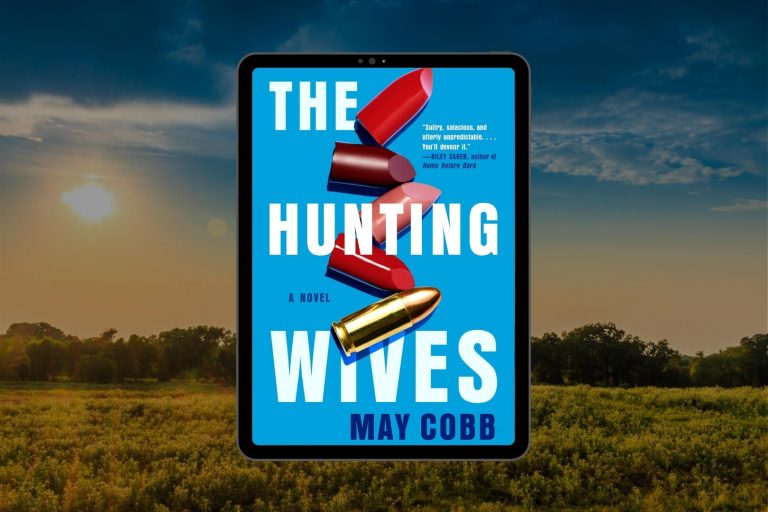Book club questions for The Book of Lost Names by Kristin Harmel takes a closer look at this WWII historical fiction novel. There will be spoilers so for more context about the story, check out my spoiler-free review first.
Oh wow, what an impactful story! I definitely found myself tearing up at different parts. And—spoiler— Rémy lived! I actually suspected he did when he left behind that passage in the book for Eva. I wish they could have been reunited earlier in life but the ending is still very sweet.
I mentioned this in the review but it was so interesting to learn about about these document forgers. Something I had no idea about going into this story. There’s so many heroes of that war and I continue to learn more each time I read a historical fiction novel.
BTW, for more historical fiction recommendations, my book friend Cindy Burnett and I recently put together a list of must-read historical fiction novels so be sure to check that out.
The synopsis
Eva Traube Abrams, a semi-retired librarian in Florida, is shelving books one morning when her eyes lock on a photograph in a magazine lying open nearby. She freezes; it’s an image of a book she hasn’t seen in sixty-five years—a book she recognizes as The Book of Lost Names.
The accompanying article discusses the looting of libraries by the Nazis across Europe during World War II—an experience Eva remembers well—and the search to reunite people with the texts taken from them so long ago. The book in the photograph, an eighteenth-century religious text thought to have been taken from France in the waning days of the war, is one of the most fascinating cases. Now housed in Berlin’s Zentral- und Landesbibliothek library, it appears to contain some sort of code, but researchers don’t know where it came from—or what the code means. Only Eva holds the answer—but will she have the strength to revisit old memories and help reunite those lost during the war?
As a graduate student in 1942, Eva was forced to flee Paris after the arrest of her father, a Polish Jew. Finding refuge in a small mountain town in the Free Zone, she begins forging identity documents for Jewish children fleeing to neutral Switzerland. But erasing people comes with a price, and along with a mysterious, handsome forger named Rémy, Eva decides she must find a way to preserve the real names of the children who are too young to remember who they really are. The records they keep in The Book of Lost Names will become even more vital when the resistance cell they work for is betrayed and Rémy disappears.
Book Club Questions for The Book of Lost Names
- Let’s start with the beginning of the story when we meet Eva in 2005. Why do you think she never told her husband the truth about her past?
- After Eva’s father is arrested, Eva and her mother are forced to leave behind Paris and go to Aurignon, a small mountain town in the free zone. Eva’s mother is upset they left but Eva saw no other choice. What would you have done if you were Eva?
- Eva’s mother is very complicated. She never gets over the grief of leaving behind her husband and city and she lashes out quite a bit at Eva during their time in Aurignon. Why do you think she took out her frustration and sadness at Eva?
- Let’s talk about Eva’s decision to become a document forger. Did you know anything about this prior to reading this novel?
- What did you think about her dynamic with Rémy? Why were they so drawn to each other?
- Eva was forced to change her name to hide her heritage. So when she’s working on the documents, she believes that the original names should be preserved, which eventually becomes the book of lost names. How important is one’s name to their identity?
- Eva and Rémy fall in love. But beyond the war, she’s worried that her mother would never approve of her marrying him because he’s not Jewish. This clouds Eva’s ability to give him a firm answer on marriage, which she later regrets. Let’s discuss the pressure from her mother and our thoughts on this.
- Joseph makes quite a few appearances and everyone seems to think highly of him because of his looks. Did you trust Joseph or did you have your suspicions about him? Let’s talk about his betrayal.
- Why did Eva feel that she needed to travel to Germany to see the book of lost names?
- Were you surprised that Rémy was still alive in the end? What did you think about their reunion?
- What do you like best about reading historical fiction?
More recommendations
Hope you enjoyed book club questions for The Book of Lost Names! Here are some more recommendations along with links to book club questions.
The Jane Austen Society by Natalie Jenner

The Jane Austen Society by Natalie Jenner is such a lovely historical fiction book.
Just after the Second World War, in the small English village of Chawton, an unusual but like-minded group of people band together to attempt something remarkable.
One hundred and fifty years ago, Chawton was the final home of Jane Austen, one of England’s finest novelists. Now it’s home to a few distant relatives and their diminishing estate. With the last bit of Austen’s legacy threatened, a group of disparate individuals come together to preserve both Jane Austen’s home and her legacy. These people―a laborer, a young widow, the local doctor, and a movie star, among others―could not be more different and yet they are united in their love for the works and words of Austen. As each of them endures their own quiet struggle with loss and trauma, some from the recent war, others from more distant tragedies, they rally together to create the Jane Austen Society.
A powerful and moving novel that explores the tragedies and triumphs of life, both large and small, and the universal humanity in us all, Natalie Jenner’s The Jane Austen Society is destined to resonate with readers for years to come.
You can order the book on Amazon here. Check out my book club questions here.
The Light After the War by Anita Abriel

The Light After the War by Anita Abriel is a moving historical fiction novel set in post-WWII.
Spring 1946: Best friends Vera Frankel and Edith Ban arrive in Naples. Refugees from Hungary, they managed to escape from a train headed for Auschwitz and spent the rest of the war hiding on an Austrian farm. Now, the two young women are starting new lives abroad.
Armed with a letter of recommendation from an American officer, Vera finds work at the United States embassy where she falls in love with Captain Anton Wight. But as Vera and Edith grapple with the aftermath of the war, so too does Anton, and when he suddenly disappears, Vera is forced to change course. Their quest for a better life takes Vera and Edith from Naples to Ellis Island to Caracas as they start careers, reunite with old friends, and rebuild their lives after terrible loss.
You can order the book on Amazon here. Check out my book club questions here.







Lori Gottlieb
Monday 7th of November 2022
The Book of Lost Names was a remarkable book because it captured the courageousness, despair and hopefulness of many thousands of unknown heroes and heroines, both Jews and non Jews in occupied France during WW ll. The author DID NOT simplify the contradictory emotions and behaviors of ordinary men and women during wartime, but reflected the conflicts and decisions that are often not understood by a population in peacetime. I am referring to Joseph’s betrayal, the harsh treatment of Eva by Mamusia, Eva never telling her son Ben about her painful and heroic former life, and of course, Remy’s decision to sacrifice a lifetime love for the more urgent call to be an active fighter in the French Resistance Movement. All of these very delicate and complex behaviors were written with grace and profound sensitivity. A very deep curtesy to Kristen Harmel as she has elevated her readers level of knowledge and instructed us to understand humility.